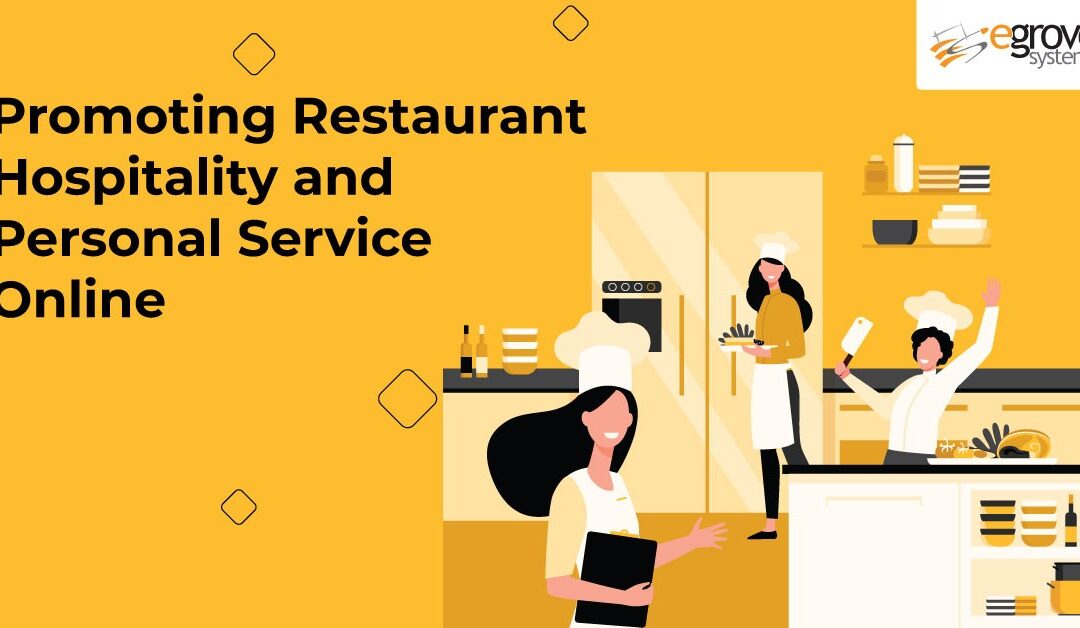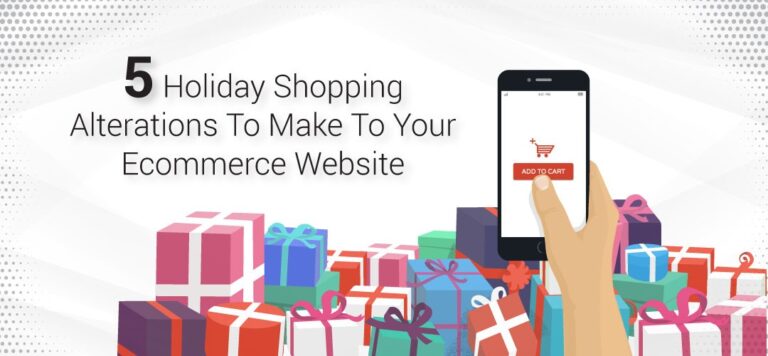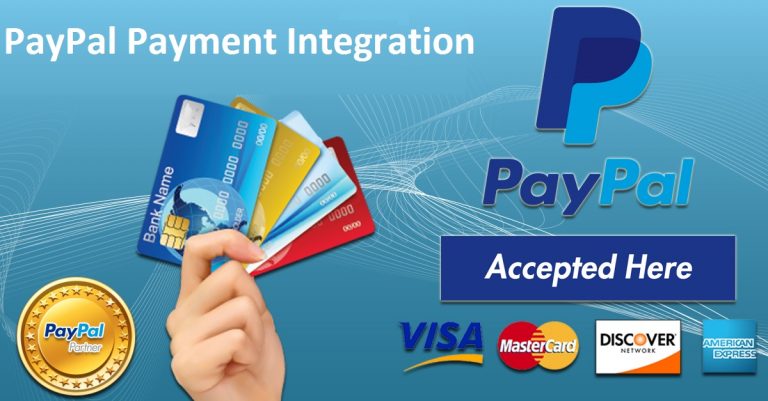Restaurants are strongly associated with hospitality and good service, but customers deal with them and other in-person businesses online more and more frequently. While online ordering gives customers more convenience and flexibility, it can’t always provide the hospitality and positive social interaction that can make a business attract loyal regular customers. Still, there are ways for online-focused businesses to provide the best customer service that will make a strong impression on their users. Here are some things to consider when bringing your hospitality online.
- Communicate with customers to ease their concerns during delivery
Communication features can be built into mobile apps, including SMS messaging, in-app calling, and in-app live text chat. Employees should monitor chats and answer within a few minutes. This is an opportunity to add a personal touch, thank customers for their orders, and assure them that their patronage is extremely important to the restaurant. Be polite and gracious rather than blunt toward customers, even when it can be difficult to convey expressions through text.
- Update customers on the status of their order
Customers who order online miss out on the direct feedback to know that their order is being fulfilled and delivered. As such, they may worry that their order is not coming on time or that special instruction will be ignored. Having an effective tracking system so customers can check on their orders provides the best possible service. It should tell customers when their orders have been received when they are sent out for delivery, and when they are delivered. Employees should ensure that it is updated regularly so they don’t lose track of orders.
In addition, give your employees who answer the phone direct access to the online ordering system so they can quickly track orders and answer questions about when they will arrive.
Read also:Use Online Tools to Maximize your Restaurant’s Resources When Reopening
- Send positive messages after online interactions
After ensuring that deliveries are completed without any issues, it’s good to reach out and thank customers for their patronage. This makes them feel connected to the restaurant and concludes the transaction in a positive, personal manner. This can also be the right time to ask customers to give reviews online or remind them to sign up to loyalty programs or mailing lists.
- Respond to reviews
87% of Americans used online reviews when checking out local businesses, and ratings played the biggest factor in their decisions to try the business. Restaurants, like other local businesses, should stay aware of online reviews from sites like Yelp and respond to them whether they are positive or negative. Positive reviews should receive thanks and appreciation to encourage them to keep coming back. When responding to negative reviews, try to explain how their experience was not representative of your service and offer compensation if they felt they didn’t get what they wanted.
- Direct delivery
Many restaurants rely on third-party platforms for delivery, which reduces the ability of the restaurant to communicate with the customer directly. Using direct delivery from your own mobile app instead is the best way to control the online interaction between you and your customers. Third-party delivery workers can’t be relied on to promote your brand and represent the restaurant, and customers may still hold the restaurant responsible for issues with delivery.
- Accept when customers don’t want human interaction
While personalized contact is often appreciated by customers, don’t assume that it’s needed for everything. In many cases, customers voluntarily choose a technological solution that reduces interaction with employees, and that’s fine. If customers prefer to pay digitally when at the table, or book reservations from an app rather than making a phone call, don’t stand in their way. Make technological options equally accessible and usable, and don’t default to in-person or phone options when another one exists. Coordinate between digital and in-person methods so customers don’t get the impression that the business is forcing them to take one approach.







